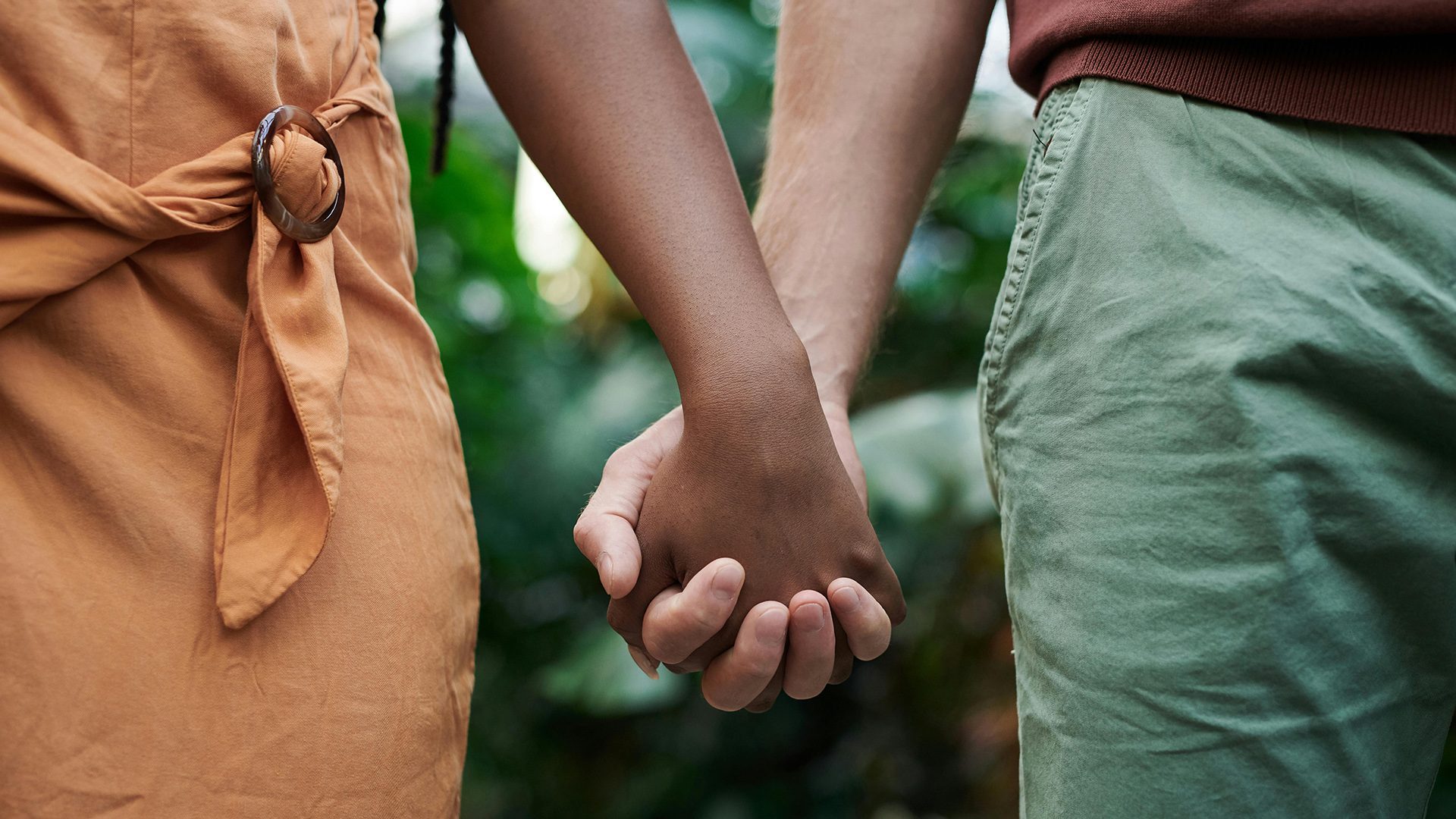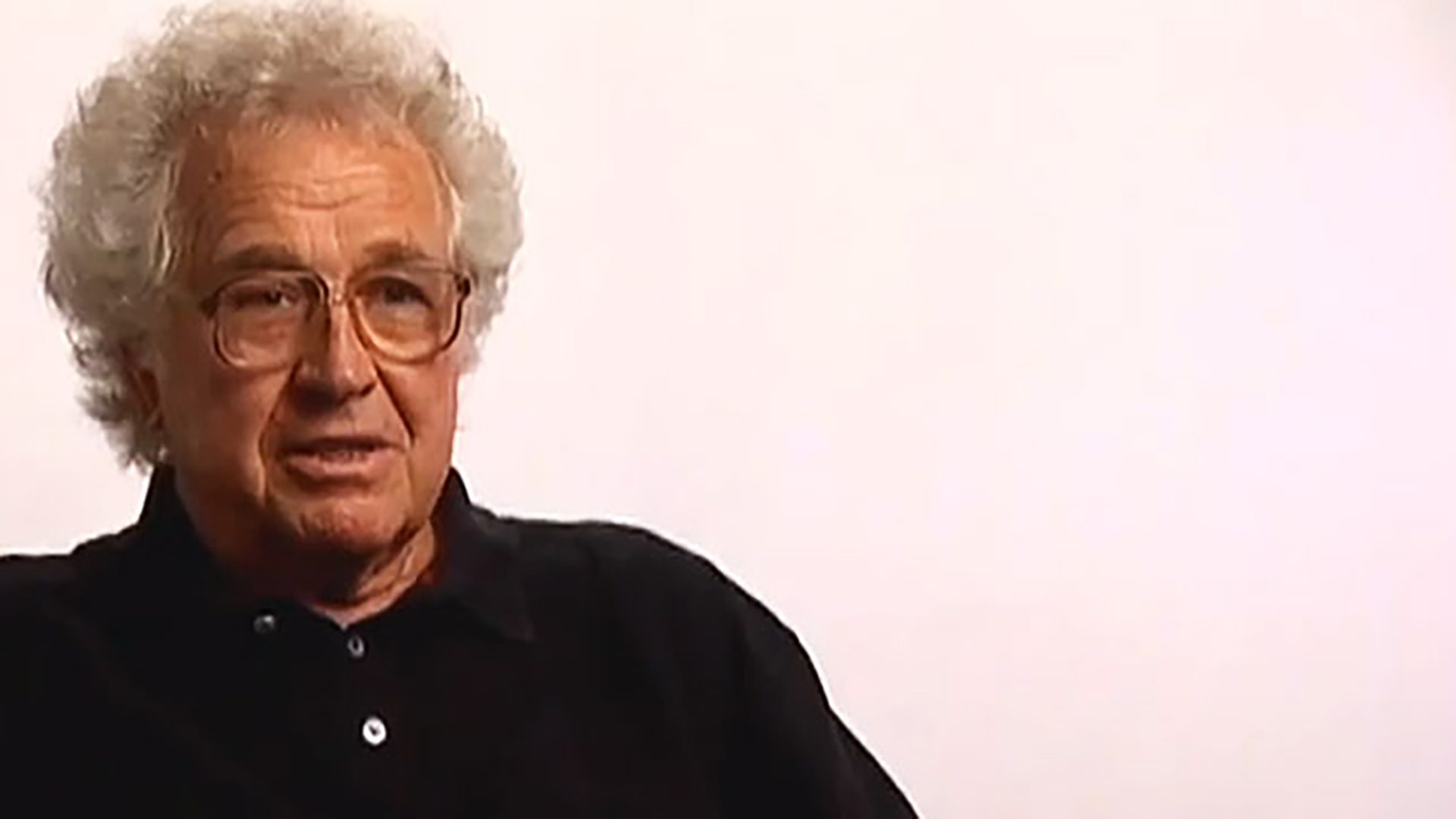Relationships During Treatment
For those living with cancer, changes that affect roles and relationships in your daily life may be especially challenging. Cancer treatment can cause a change in energy level. Side effects could affect the way you feel about yourself. What is most important to you might change. You may have less time and energy.

If you find that cancer and concerns about your life become overwhelming, find a way to talk with people in your life. Discuss reasons that they or you might be acting differently. Talking about concerns and feelings early on can help resolve problems before they get out of hand.
Getting Help With Your Relationships
If stress starts to build in your relationship, consider getting help from a licensed social worker or counselor. You may be better able to face challenges and focus on your healing when you feel supported by others.
Signs of communication breakdown:
- Frequent misunderstandings or disagreements.
- Use of criticism, sarcasm or name calling.
- Fewer expressions of love and affection.
- Not wanting to ask for needed help or support.
- Feeling hurt by things a loved one says or does.
- Physical and emotional withdrawal by you or your loved one.
Spouse or Partner Relationships
Spouses or partners are often the main source of support for one another. The level of support felt between loved ones is affected by the ability to talk openly about concerns and challenges. Feelings such as fear, anger or guilt can build up if communication stops. The distress that one person feels may affect the stress level of the other. In time, high levels of stress can strain a relationship. Talking openly is the best way to break this cycle. (See Communicating With Your Partner.)
Some people find it hard to ask for help. They may not want others to have to take on new roles and responsibilities. This is often true for those who have always been the one who helps others. In this case, a cancer patient may try to do tasks that are too emotionally or physically challenging. Yet, an important part of the healing process is getting the help that is needed.
Some are worried about the stress their loved ones feel. They may try to protect others by not sharing information or feelings. Important planning might be avoided. If you feel you can’t discuss certain things with loved ones, ask someone you trust to help you. A social worker, hospital chaplain or a member of your faith-based group can provide the support you need.
Sometimes you may think that loved ones and friends are too protective. Other times you the long-term effects of cancer treatment, such as fatigue or pain, can be hard for others to understand. If you look healthy or the cancer is in remission, others may want to forget about cancer so life can get back to normal. People affected by cancer often find that talking about these experiences with others who have similar experiences can be helpful.
Dating Relationships
Dating, with or without cancer, can be complex. In relationships with friends, there are psychological, social, and emotional components. When it comes to dating, things often feel even more intense.
Those with cancer may have to deal with issues that can make dating more complicated. Some may struggle with body image issues and live with uncertainty about the future. Others may have a hard time accepting the changes that cancer has caused in their lives. Dealing with all of these concerns on your own can be difficult. Trying to date someone and share intimate thoughts and feelings about these issues can be difficult.
Questions to Ask Yourself About Dating
If you discover that thinking about dating is hard for you, discuss your feelings with trusted friends, loved ones or a professional counselor.
- How important is dating or being in a relationship to you?
- How much do you think about dating?
- What kinds of thoughts and feelings do you get when you think about dating or relationships?
- How do you feel when you date someone?
Cancer support groups provide a safe environment to share experiences with other survivors, learn new ways to handle difficult situations and talk about emotions. Members share different styles of coping with stress and adjusting to life with cancer. (See Meeting Others Like You.)
Starting a New Relationship
If you’re single, you may have concerns about starting new relationships during cancer treatment. You may worry that some people will not know how to handle the situation. There might be questions about how fair it is to become involved with someone new at this time in your life. Keep in mind that no one can know what will happen in the future in any relationship.
Options for when to tell someone about your cancer:
- Wait to tell them because you want to get to know them better before you share something that you feel is very personal.
- Tell them right away to get it over with and see how they react.
- Take things on a case-by-case basis and tell people you are dating when the moment feels right.
You’ll have to decide how much to share about your diagnosis with each person in your life. If you are not sure what to say, talk with a friend or a counselor about how you feel. Chances are that others will be understanding and accepting. (See Telling Others About Your Cancer.)
Children and Teens
Children and teens are likely to need help dealing with the wide range of emotions that come with cancer including sadness and fear. Talking openly with them about cancer and treatment can help lessen stress. Allow them to continue to ask questions and talk about the experience. Give the child or teen permission to ask you about your feelings as well. A child’s age and personality will influence how often they will want to talk. Provide clear and concrete information. Reassure the child that his or her needs will continue to be met. Children and teens need to feel that it is okay to continue with their activities and interests.
Help children discuss and express feelings in a variety of ways. This may include working with art, music or writing. Physical activity can also help release emotional tension. Allowing them to continue life in as normal a manner as possible will be helpful.
Sometimes a child needs extra support. A family member, trusted friend or teacher may be able to help. If the child or teen is very distressed, seek the guidance of a licensed social worker, child psychologist or a psychiatrist.
Ways to Help Children and Teens Deal with Cancer
- Talk openly about the disease with children and teens.
- Provide concrete information that is appropriate for the child’s age.
- Help the child discuss and express his or her feelings.
Contact a nonprofit cancer organization for referrals to good programs for children and teens. Here are some good places to start:
- Camp Kesem is a free summer camp for kids with a parent who has (or has had) cancer. The one-week camps give kids ages 6–13 a chance to have fun and just be kids.
- CureSearch for Children’s Cancer is a free online resource for families dealing with children’s cancer. This website provides information to help families learn about treatments and how to manage the emotions that come with caring for a child with cancer.
- Livestrong at School can help children and their friends and loved ones deal with cancer. Go online to find free lesson plans for teachers. The lessons teach children (K–12) about cancer in a way that is hopeful and inspiring.
Adolescents (teens) and young adults (younger than age 40) generally have very specific concerns as they go through their cancer journeys. Many teens and young adults have concerns about issues such as:
- Reentry into school.
- Returning to the workforce.
- Insurance coverage.
- Relationship concerns.
- Family planning and fertility issues.
The Ulman Cancer Fund for Young Adults offers information and support services to help with many issues unique to teens and young adults.

